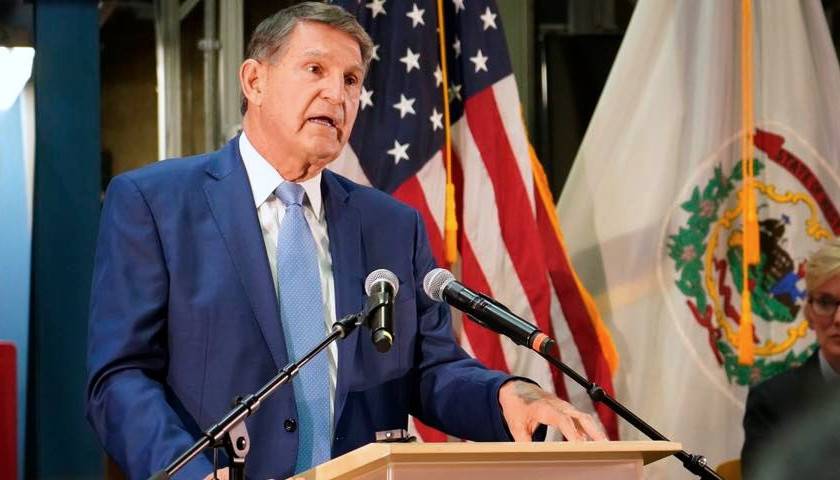The Senate Committee on Energy and Natural Resources has been scrutinizing the intersection of electric vehicle mandates and supply chains to meet them, and how EV subsidies could empower China, which controls a lot of those supply chains.
Sen. Joe Manchin, D-W.Va., chair of the committee, said he doesn’t have any problem with electric vehicles.
Read More
